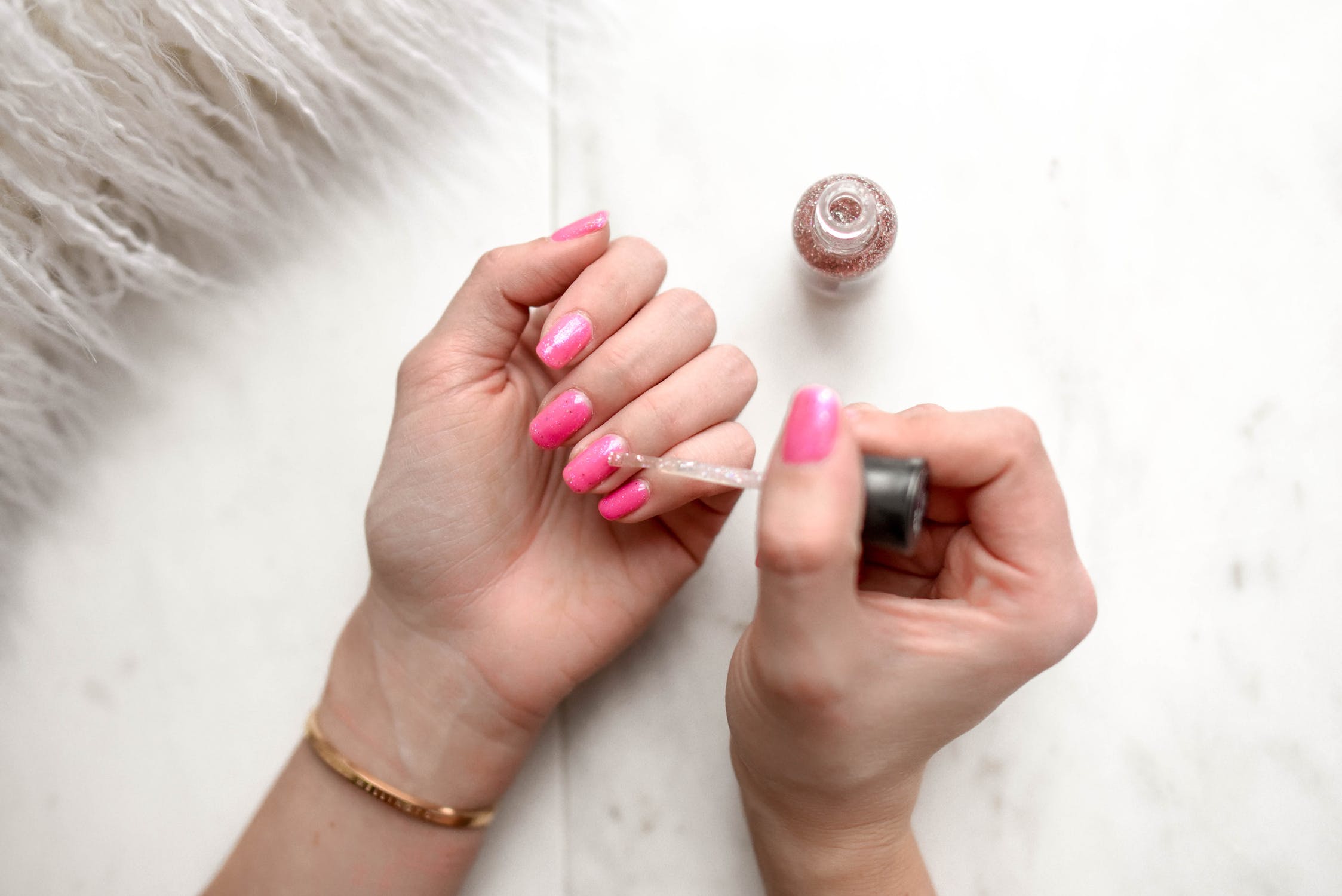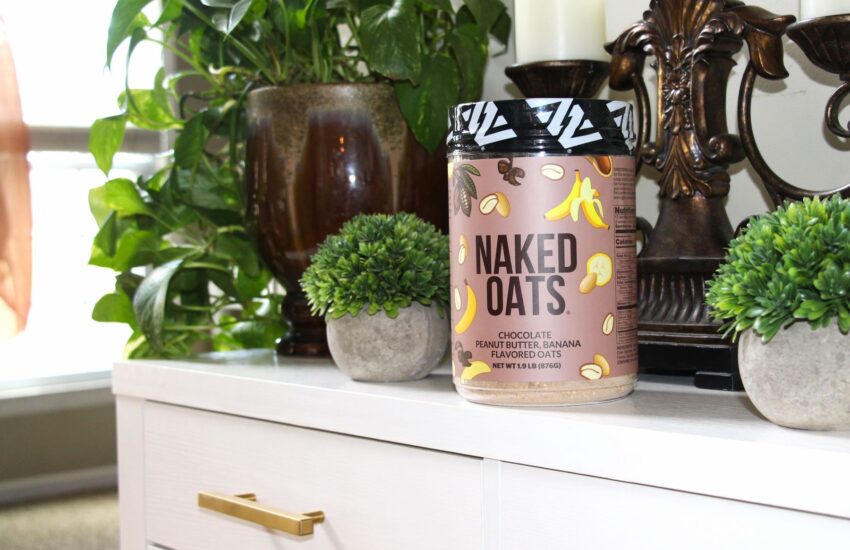Factors that raise the risk of nail fungal infection
Nail fungal infection can cause you sleepless nights, especially when it emanates from an unknown fungus. It can even be more stressful when there isn’t any sign of effective treatment despite numerous clinical and home-remedy sessions. That is no forgetting the real-time depression and diminished self-confidence that this condition can put you through. Remember, you can never hide your nails in gloves always, especially in board rooms.
So, what factors increase the risk of contracting fungal nail infection? How do you make sure that you have an upper edge over such factors to reduce the odds of contracting this infection? Well, here are factors that call for your watch out:
- Fungal infection family history
If your family lineage shows familial candidiasis, then it is highly possible that you’ve inherited the same. At some point in your life, you’ll have higher risk exposure to fungal infections. In other words, when exposed to the same infecting conditions, you’ll highly contract fungal nail infection faster than a person from a clean lineage. Moreover, with this condition, the nail fungal infection will be persistent, which means that it will often crawl back even after effective treatment. Since there isn’t permanent treatment, the best that you can do with this family history is treating all precautions such is nail and public area hygiene with utter seriousness.
- Diabetes and AIDs
Diabetes or AIDs are known to lead to poor or weak immune systems. For instance, high blood sugar diabetes is known to malfunction immune system, which triggers disease attacks from all angles, and nail fungal infection might just be one. On the other hand, AIDs is worse than diabetes, and if you are suffering from it, you should ensure proper nail hygiene. However, ARVs can help get your immune system in order, but it would still help if you be cautious and take all the necessary precautions into account. Nail fungal infection can be lethal and even spread so fast on a weak immune system that cannot put an abled fight against it.
- Humid working conditions
Moist work conditions will leave your hands wet at all times. When you have longer nails, it may be impossible to dry the parts beneath the skin with a towel, which makes it best always to keep short kempt nails. When moisture accumulates over time, it provides a perfect breeding ground for mold and yeast, which can cause nail fungal infection. Other than keeping your nails short, you can always put on water-resistant gloves.
- Poor blood circulation
When you have poor blood circulation, your nails will be deprived of all the nutrients it needs for survival and flourishing. Since the symptoms of poor circulation may not be that apparent, you should watch out for numbness and tingling, and especially it’s recurrent. If you have a sensation to needles and pins, then you are likely having diminished blood circulation around nail regions.
- Skin infection
Fungal infection doesn’t only attack the nails but other skin areas too. When it so happens that you contract a fungal skin infection near the nails area, it may as well as spread to the nails, especially when you have a weak immune system. However, when you notice that, you can effectively suppress the spread by using home-based vinegar or Aloe Vera. Staphylococcus aureus and Streptococcus pyogenes, are the common bacteria that cause skin microbial infections, including nails fungal infection.
- Public facilities sharing
Well, you cannot purport to swim with protective gear in a public swimming pool as it will look outrageous, but you can use a private facility. Other public facilities that you should be cautious around include gyms, locker rooms, and even communal showers. Remember, some types of fungus are highly contagious and will spread easily at the slightest skin contact. Other than avoiding public swimming pools, you can also resort to using home showers after gym sessions. It would be best if you didn’t also walk barefoot around highly prone areas. In this instance, barefoot includes any open shoes. And most importantly, you should always clean your nails thoroughly every time you have a bath.
- Wrong exercise
Finally, how wrong is a wrong exercise? Remember, when exercising, you can easily cause severe injury or minor traumas to the hyponychium. The hyponychium is the tip where your nail attaches to the finger. Well, the former has no problem because that is enough alarm to seek a doctor’s intervention. For the latter, you may not know it, or rather ignore it, and it develops into something worse. Repeated trauma to hyponychium will likely affect blood circulation around the nail area, which may cut the nail from necessary nutrients supply. Nails need nourishment and keratin nutrition, and if this does happen, they’ll probably die and start decomposing. The best thing to do may be cutting off the whole nail until another one regrows, but if that is not done early, then fungus and other bacterial infections will strike. Gradually, they’ll spread to other nails too.


